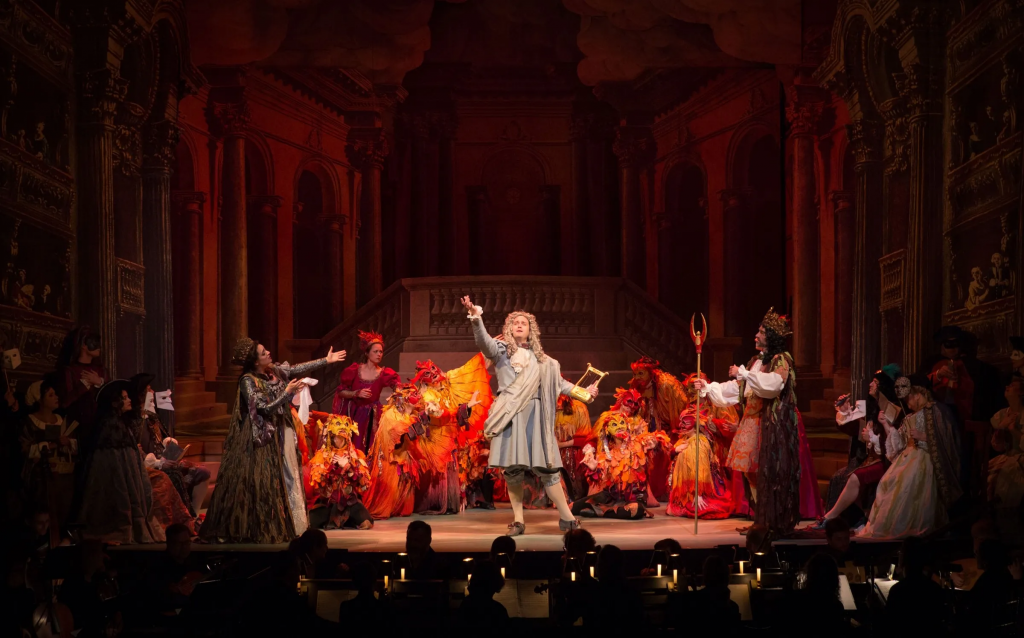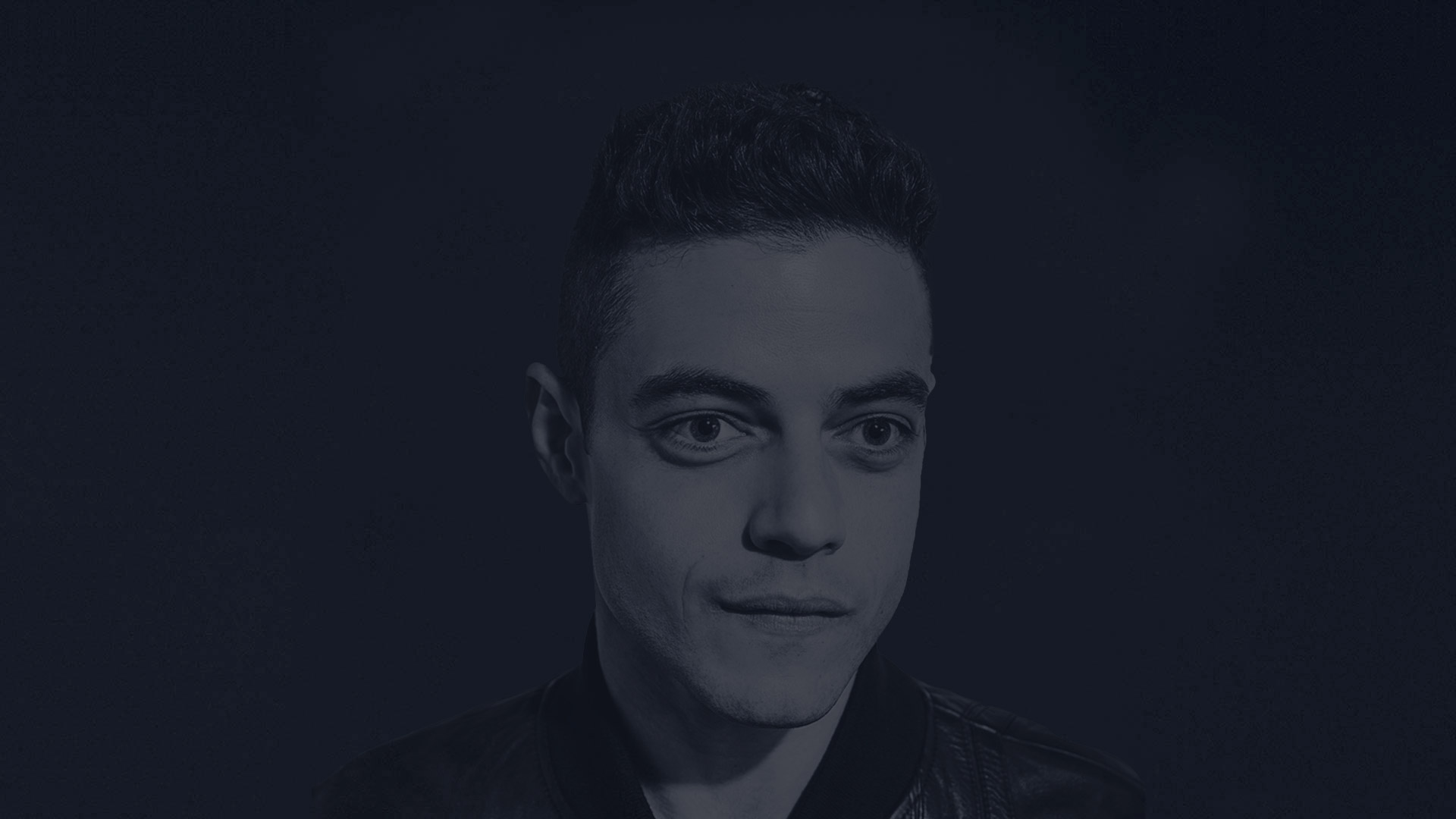The 10 Best Operas of All Time: A Journey Through Musical Masterpieces
All rights reserved.

Each year opera lovers celebrate World Opera Day on 25 October. Isn’t it a good reason to plan seeing an opera this month, even if you have never been a great fan? This dramatic art form that fuses music, theatre, and often dance, has captivated audiences since its inception in the late 16th century. It is still one of the most revered art form in the world though.
But what masterpiece to see? Here is our list of 10 best operas of all time. Enjoy!
1. Carmen by Georges Bizet (1875)
Set in Spain, Carmen tells the story of a passionate and free-spirited gypsy who seduces the soldier Don José. Her rejection of societal norms leads to an intense love affair that ultimately ends in tragedy.
Why it’s great: Bizet’s use of Spanish motifs, along with memorable arias like "Habanera" and "Toreador Song," turns this opera into a vibrant celebration of life and love, along with themes of jealousy and freedom.
2. La Traviata by Giuseppe Verdi (1853)
La Traviata follows Violetta, a courtesan in Paris, who falls in love with Alfredo, a young man from a respectable family. Their love defies societal expectations yet ultimately suffers due to Violetta's tragic circumstances.
Why it’s great: known for its emotional depth, Verdi’s composition features beautiful duets and soaring arias, including "Libiamo ne' lieti calici." It explores themes of love, sacrifice, and redemption in a way that resonates deeply with audiences.
3. The Magic Flute by Wolfgang Amadeus Mozart (1791)
This singspiel encapsulates a fantastical journey as Prince Tamino, accompanied by the bird-catcher Papageno, embarks on a quest to rescue Pamina from the sinister Sarastro.
Why it’s great: combining elements of fairy tale and Enlightenment philosophy, Mozart’s The Magic Flute showcases beautiful melodies and an innovative blend of spoken dialogue and music. Its themes of wisdom, love, and enlightenment elevate it to a timeless masterpiece.
4. Turandot by Giacomo Puccini (1926)
In ancient China, the cold Princess Turandot poses impossible riddles to suitors, condemning those who fail. However, the brave Calaf attempts to win her heart, facing numerous challenges.
Why it’s great: Puccini’s final opera features rousing music and dramatic tension, notably the powerful aria "Nessun dorma." The blend of East and West in its musical themes combined with its compelling narrative creates a hauntingly beautiful experience.
5. Madama Butterfly by Giacomo Puccini (1904)
This tragic love story revolves around Cio-Cio-San, a Japanese woman who falls in love with an American naval officer, Pinkerton. Their love story becomes a tale of betrayal, cultural clash, and heartbreak.
Why it’s great: Puccini’s poignant score captures the emotional rollercoaster of the characters' plight, particularly in arias like "Un bel dì vedremo." It’s an opera that touches on themes of love, loss, and cultural misunderstanding.
6. Aida by Giuseppe Verdi (1871)
Set against the backdrop of ancient Egypt, Aida is a tale of love between an Ethiopian princess and an Egyptian general, caught in a love triangle with the Pharaoh’s daughter.
Why it’s great: Featuring grandiose scenes and powerful choral works, Verdi’s Aida is a masterclass in operatic storytelling. Love, loyalty, and political intrigue: these themes always interested spectators. The famous "Triumphal March" is known not only by opera fans, it has become something that we all have heard but not always sure where and when.
7. Peter Grimes by Benjamin Britten (1945)
Peter Grimes, a fisherman in a small English village, faces the wrath of his community after the mysterious death of his apprentice.
Why it’s great: Britten’s innovative use of orchestration and vocal lines create an atmospheric resonance. The story of personal struggle before societal norms is both powerful and contemporary.
8. The Barber of Seville by Gioachino Rossini (1816)
A comedic opera, The Barber of Seville follows the clever Figaro as he helps Count Almaviva win the heart of the beautiful Rosina, while outsmarting her guardian, Dr. Bartolo.
Why it’s great: Rossini’s music is lively, filled with wit and charm. The arias and ensemble pieces are melodic and humorous, making it one of the most performed operas in history.
9. Don Giovanni by Wolfgang Amadeus Mozart (1787)
A blend of comedy and tragedy, Don Giovanni follows the legendary libertine Don Juan as he seduces and abandons numerous women, leading to his eventual downfall.
Why it’s great: Mozart's masterful composition intertwines dark themes of morality with vibrant music, producing unforgettable moments such as the "Champagne Aria." The complex character of Don Giovanni provides rich interpretive opportunities for performers.
10. Die Walküre by Richard Wagner (1870)
The second opera in Wagner’s Ring Cycle, Die Walküre centers on the theme of forbidden love between siblings Siegmund and Sieglinde and explores the complexities of fate.
Why it’s great: Wagner’s revolutionary approach to the operatic form, characterized by the use of leitmotifs and expansive orchestration, sets this opera apart. The "Ride of the Valkyries," a powerful orchestral piece, has immortalized Die Walküre in popular culture.
These ten operas represent the pinnacle of operatic art. Whether through tragedy, comedy, or grand tales of love and sacrifice, each opera continues to captivate audiences around the world. They are not just shows: they are experiences that invite us to explore life through the beauty of music.
In operas everything is perfect: vocal performances, stunning orchestral compositions, compelling narratives. We at Breakthrough Xclusive admire this form of art and have something for music lovers — from female opera duo and Emirati opera singer to other acts. Contact us to learn more!










